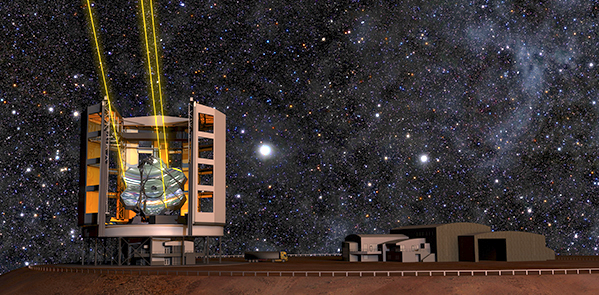Australia’s rebooted space industry is positioning itself as a world leader in the development of smart satellites and associated technologies that will streamline communication, drive the Internet of Things, enhance Earth Observation and shape the defense forces of the future.

The Australian Government backed SmartSat CRC — or Cooperative Research Centre — is playing a leading role during “Space Week” in the South Australian capital, which includes the 8th Space Forum (formerly South Australia Space Forum) and the 19th Australian Space Research Conference.
Supported by the Australian Space Agency and the SmartSat CRC, the week began on Thursday. The 8th Space Forum is on at the Adelaide Convention Centre on Monday, September 30 and includes a panel session hosted by SmartSat CRC Industry Director Peter Nikoloff about the opportunities and challenges facing Australia’s newest major space organization.
The 19th Australian Space Research Conference will be held on Tuesday and Wednesday (October 1 & 2).
The A$245 million SmartSat CRC was awarded in April and has established a headquarters in Adelaide to co-ordinate its 99 industry and research partners.
Nikoloff, who is also a co-founder of Adelaide-based defense and space company Nova Systems, said the panel discussion would focus on highlighting the research and application of intelligent technologies to space systems and opportunity for Australia’s growing space industry.
He said the panel will seek to identify niche areas of autonomous systems and how the participating universities, industry and defense members could potentially exploit those opportunities.
“The intelligent systems from our perspective aren’t just what’s on a spacecraft, we’re looking at the whole chain that goes from the spacecraft down to the ground stations and the applications of how that information is being presented,” Nikoloff said.
Nikoloff said developing applications to process data and streamlining data transfer before sending it to Earth is critical as the sensing capabilities aboard satellites became more complex and data intensive.
“We need to look at processing data on board the satellite through the integration of big data and AI systems rather than sending all of the data down and then deciding what’s useful,” he said. This is important as data download via the Radio Frequency Spectrum is the bottleneck as the majority of the spectrum is licenced to big business and governments.
“The smaller spacecraft are very constrained on power availability and have numerous technical challenges such as heat dissipation, limited space availability and suitable space qualified processors. These are the areas we need to consider in developing advanced intelligent processing in orbit for smaller class spacecraft and a number of our partners are already starting to look at those areas of applications.”
“With the announcement of the program with NASA going to the moon, one of the areas of strong interest from the (Australian) space agency is around autonomous/intelligent and off-planet mining and the benefits that technology improvements would have for the Australian mining sector, which is already a world leader in autonomous mining. The SmartSat CRC will be working with the space agency to ensure we maximize Australia’s space research activities across the Australian space sector. ”
The panellists for Monday’s SmartSat CRC — Building Australia’s Space Industry session include Australian Space Agency Executive Director Aude Vignelles, BAE Systems Australia Chief Technology Officer Brad Yelland and UNSW Canberra Chief Engineer Dr Doug Griffin.
Australia aims to grow the space market segment from AU$3.9 billion to AU$12 billion by 2030 and double space industry employment to 30,000.
The Australian Space Agency was officially launched in Adelaide in July 2018.
Jim Plouffe, From NewsLeads

